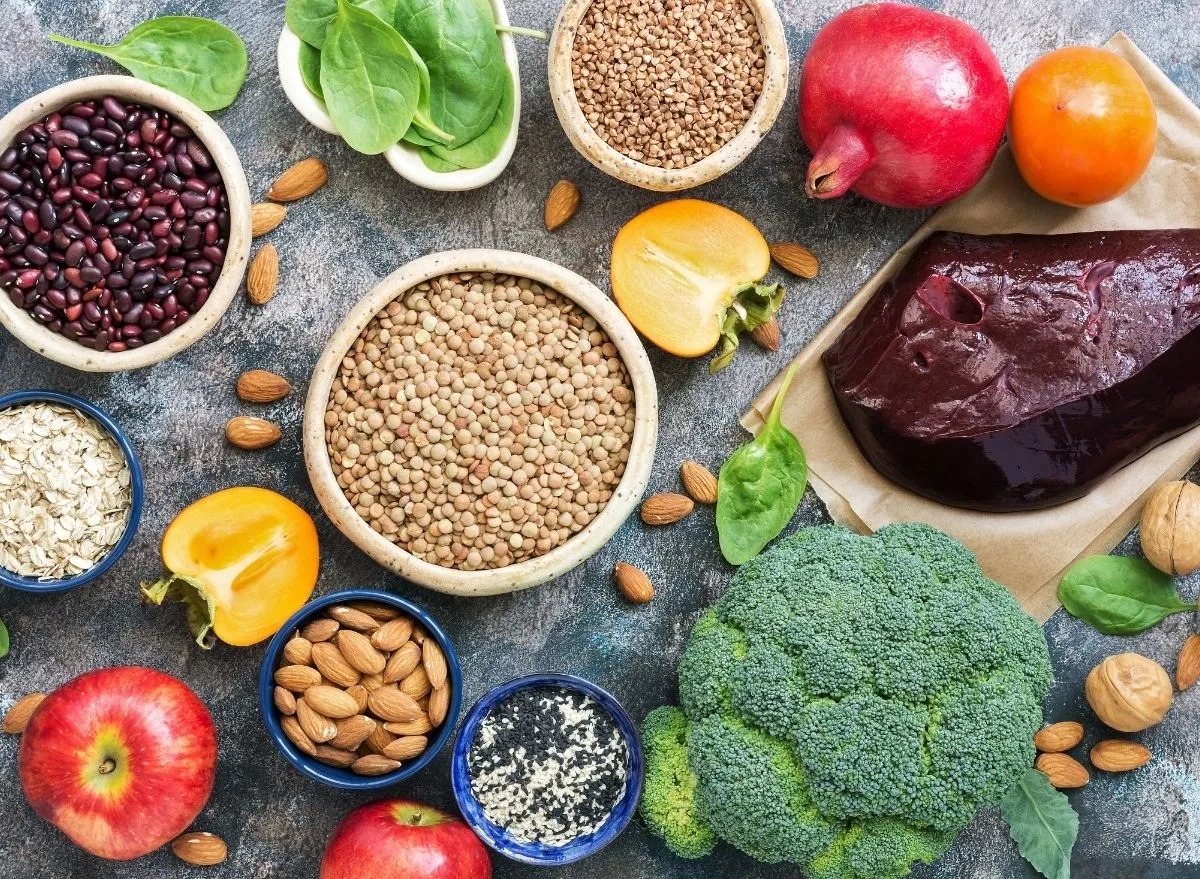Culinary Therapy: Nourishing Mental Health Through Cooking and Eating

Are you looking for a delicious and therapeutic way to improve your mental health? Look no further than culinary therapy.
In this article, we will explore how cooking and eating can nourish your mind and boost your well-being. Discover the science behind culinary therapy and its powerful connection to our mood.
Learn tips for incorporating mindful cooking into your daily routine and discover nutritional strategies for enhancing your mental health.
Get ready to embark on a culinary journey that will not only satisfy your taste buds but also nurture your mental wellness.
The Science Behind Culinary Therapy
You might be wondering about the science behind culinary therapy and how it can benefit your mental health. Well, it’s all about the powerful connection between food and our brains.
When you engage in cooking and eating, your brain releases feel-good chemicals like dopamine and serotonin, which can boost your mood and reduce stress. The act of preparing a meal can be meditative, allowing you to focus on the present moment and alleviate anxiety. Plus, the aromas and flavors of different foods can stimulate your senses and evoke positive memories, further enhancing your overall well-being.
From a physiological standpoint, certain nutrients found in food can directly impact your mental health. For example, omega-3 fatty acids, commonly found in fish and nuts, have been linked to reduced symptoms of depression and anxiety. Similarly, foods rich in antioxidants, like berries and dark chocolate, can protect your brain cells from damage caused by oxidative stress, promoting better cognitive function. Additionally, consuming complex carbohydrates, such as whole grains and legumes, can increase serotonin levels in your brain, promoting feelings of calmness and happiness.
Moreover, culinary therapy can provide a sense of accomplishment and empowerment. When you cook a delicious and nutritious meal for yourself or others, it can boost your self-esteem and give you a sense of purpose. This can be particularly beneficial for individuals struggling with mental health issues, as it promotes a positive mindset and a greater sense of control over their lives.
Exploring the Connection Between Food and Mood
Exploring the connection between food and mood can provide valuable insights into our emotional well-being. Have you ever noticed how certain foods make you feel happier or more energetic, while others leave you feeling sluggish or irritable? This is because the food we eat can directly impact our mood and overall mental health. By understanding the relationship between what we eat and how it affects our emotions, we can make informed choices to support our well-being.
To help you better understand the connection between food and mood, let’s take a look at this table:
Mood-Boosting Foods Mood-Damaging Foods Neutral Foods Examples Dark chocolate, Processed foods, Whole grains, salmon, berries sugary drinks, fruits, fried foods vegetablesAs you can see, certain foods like dark chocolate, salmon, and berries are known to boost mood due to their high content of antioxidants and omega-3 fatty acids. Conversely, consuming processed foods, sugary drinks, and fried foods can negatively impact mood by causing inflammation and imbalances in neurotransmitters. Neutral foods, such as whole grains, fruits, and vegetables, may not have a direct impact on mood but provide essential nutrients for overall well-being.
Tips for Incorporating Mindful Cooking Into Your Routine
By incorporating mindful cooking into our routine, we can cultivate a greater sense of awareness and enjoyment in the kitchen. Mindful cooking is all about being present in the moment, paying attention to our actions, and fully engaging with the process of cooking.
Here are some tips to help you incorporate mindful cooking into your daily routine.
First, set aside dedicated time for cooking. Instead of rushing through meal preparation, give yourself enough time to enjoy the process. Slow down and savor each step, from chopping vegetables to stirring ingredients.
Next, focus on your senses. Notice the colors, textures, and smells of the ingredients. Listen to the sizzling of the pan and the bubbling of the pot. Engage all your senses to fully experience the joy of cooking.
Another tip is to practice gratitude while cooking. Take a moment to appreciate the food you are preparing and the nourishment it will provide. Express gratitude for the farmers, producers, and everyone involved in bringing these ingredients to your kitchen.
Lastly, embrace imperfections. Cooking is not always about perfect execution. Instead, it’s about the journey and the joy of experimentation. Embrace mistakes as learning opportunities and have fun exploring new flavors and techniques.
By incorporating these mindful cooking tips into your routine, you can transform your time in the kitchen into a mindful and enjoyable experience.
Nutritional Strategies for Boosting Mental Well-being
To improve your mental well-being, try incorporating nutritious foods into your daily diet. Consuming a balanced and wholesome diet can have a significant impact on your mood and overall mental health.
Start by adding foods that are rich in nutrients and known to support brain health. Incorporate sources of omega-3 fatty acids, such as fatty fish like salmon, sardines, and trout, as well as walnuts and flaxseeds. These healthy fats can help reduce inflammation in the brain and support the production of neurotransmitters that regulate mood.
In addition to omega-3s, focus on consuming foods that are high in antioxidants. Blueberries, strawberries, and dark chocolate are excellent sources of antioxidants, which can help combat oxidative stress and protect brain cells. Leafy green vegetables like spinach and kale are also packed with nutrients like folate, which is crucial for brain function and the production of neurotransmitters.
Furthermore, prioritize whole grains, lean proteins, and legumes in your diet. These foods provide a steady release of energy, which can help stabilize your mood and prevent energy crashes. Incorporating foods like brown rice, quinoa, chicken, turkey, and beans can provide you with the necessary nutrients to support your mental well-being.
Recipes for Nourishing Your Mental Health
Try incorporating these delicious and nutritious recipes into your daily routine to nourish your mind and boost your mental well-being. Cooking and eating can be therapeutic, and these recipes are specifically designed to support your mental health.
Here are four recipes that are not only tasty but also beneficial for your well-being:
- Mediterranean Quinoa Salad: This colorful salad is packed with brain-boosting ingredients like quinoa, spinach, and olive oil. It’s rich in antioxidants and healthy fats, which can improve cognitive function and reduce inflammation in the brain.
- Salmon with Lemon and Dill: This recipe features omega-3 fatty acid-rich salmon, which is known to support brain health. The combination of lemon and dill adds a burst of flavor and freshness, making it a satisfying and nourishing meal.
- Berry Yogurt Parfait: This simple yet delicious recipe combines the goodness of yogurt and berries. Yogurt contains probiotics that can enhance your gut health, which has been linked to improved mental well-being. Berries are also rich in antioxidants, which help protect your brain from oxidative stress.
- Dark Chocolate and Almond Energy Bites: Indulge in these energy-packed snacks that are not only tasty but also good for your mental health. Dark chocolate contains compounds that can improve mood and cognitive function, while almonds provide healthy fats and nutrients that support brain function. You can also check betterhelp canada for your counseling!
Conclusion
In conclusion, incorporating culinary therapy into your routine can have a positive impact on your mental health. By understanding the science behind the connection between food and mood, you can make mindful choices that nourish your well-being.
Whether it’s experimenting with new recipes or focusing on balanced nutrition, cooking and eating can become therapeutic activities. So, why not grab those ingredients and get started on your journey towards better mental health today?
Remember, taking care of your mind can be as simple as taking care of your plate.




